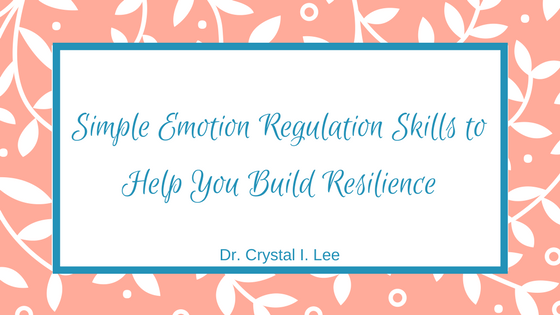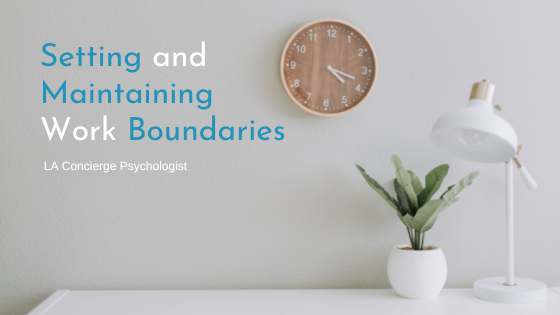Adolescence and emerging adulthood are stressful developmental periods, full of intense emotions (positive and negative!). Luckily, there are emotion regulation tools to increase emotional resilience and decrease vulnerability to future unpleasant emotions.
You can remember these tools easily with the acronym ABC PLEASE. The ABC focuses on emotional resilience, and the PLEASE offers guidelines to take care of yourself physically… because it’s really tough to stay emotionally resilient when you feel like crap!
Accumulating Positive Experiences
If you have lots of positive experiences accumulated before being hit with a negative one, you’re more likely to respond with resilience. But imagine having a week full of set-backs and then being hit with yet another one— small issues start to feel catastrophic and overwhelming.
Build in daily positive experiences like drawing, spending time with a friend, or going hiking. Be intentional about making sure you do at least one thing per day to take care of yourself and bring positivity to your life. Get more bang for your buck by staying truly present during these experiences, instead of just going through the motions; savor every moment and all the positive effects of those experiences.
Build Mastery
Engage in activities you love to do and foster your talents. When you have a wide variety of activities that you enjoy and are good at, you build up your self-confidence and feelings of self-worth. As you have more and more “mastery moments”, you’ll start feeling more resilient and capable of handling negative emotions. Engaging in these activities can also help alleviate undesirable emotions, such as anxiety and depression.
Cope Ahead
You probably have a good idea of what situations are most difficult for you. Instead of ignoring the impending situation, try to prepare yourself mentally and emotionally. For example, if you’re nervous about your upcoming class presentation, practice in front of a mirror and figure out what you can do the day of to calm your nerves. Being prepared ahead of time can help you better cope when the situation arises.
Physical Health
When you don’t feel good, it negatively impacts your emotions. Think of the last time you had the flu. You were probably more irritable and little things bothered you more. So be sure to take care of your physical health.
Eating
You’ve probably heard of the saying, “You are what you eat.” This is so true! You’ll feel more energized and ready to take on any challenges if you’ve gotten the proper nutrition for your body to work optimally.
Avoid Mood-Altering Drugs
Non-prescribed medications will likely cause your emotions to be even more dysregulated. It might be tempting to self-medicate so you can avoid unpleasant emotions in the short-term, but you’re harming yourself in the long-term.
Sleep
People underestimate the power of a good night’s sleep. When we’re babies, we are the crankiest beings on earth if we don’t get enough sleep. This is true when we’re adults, too! Restful sleep gives you the energy needed to take on the day with ease. If you’re exhausted, it’s harder to regulate your emotions and you’ll be more likely to feel overwhelmed, irritable, or anxious.
Exercise
This is probably the most difficult of the six “PLEASE” skills. People often neglect exercise because they don’t have enough time or energy. But exercise is so important to our overall well-being, physical and emotional. And, paradoxically, when you exercise regularly, you’ll find that you have more energy! Exercise takes many shapes and forms, so don’t feel like if you’re not hitting the treadmill that you’re not exercising. Think of incorporating enjoyable activities that happen to include movement into your routine, like going for a walk on the beach, riding your bike with a friend, or playing some basketball.
Click here for more information on executive coaching.
Need help developing emotion regulation skills? Send us a message or book a free 20 minute consultation call with Dr. Barajas or Dr. Goldman to see how we can help.




